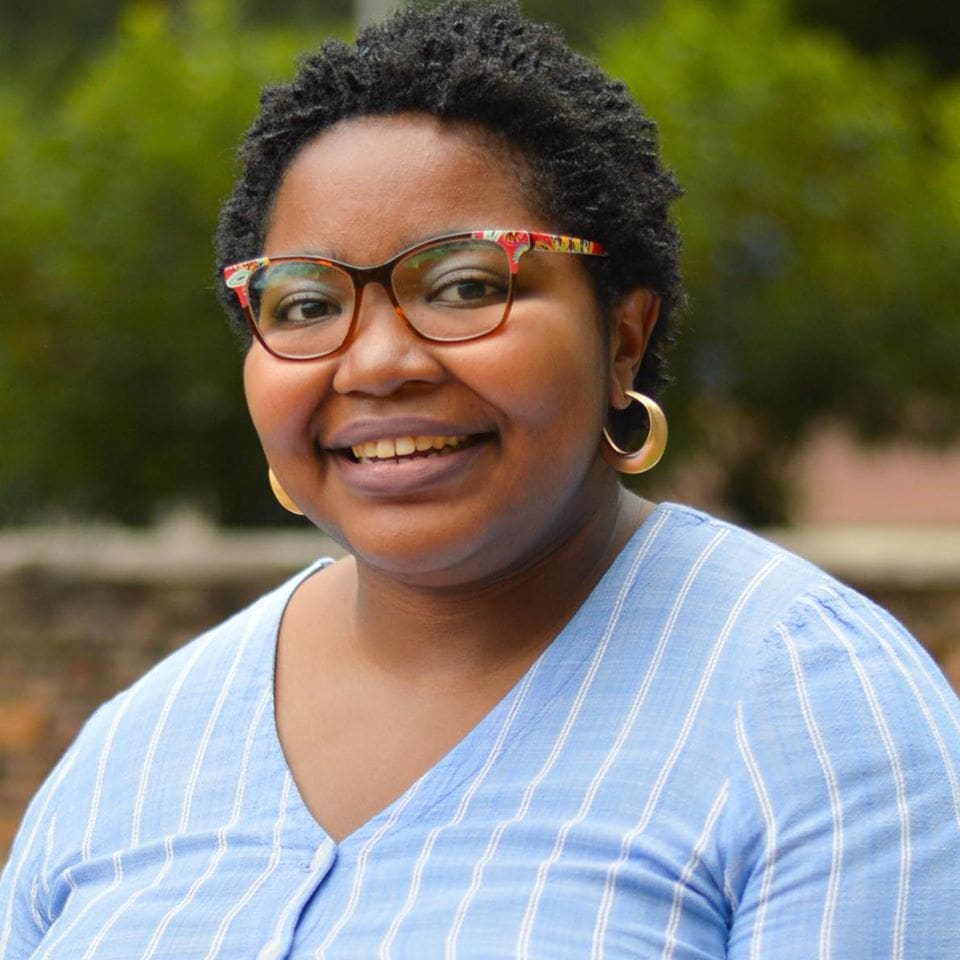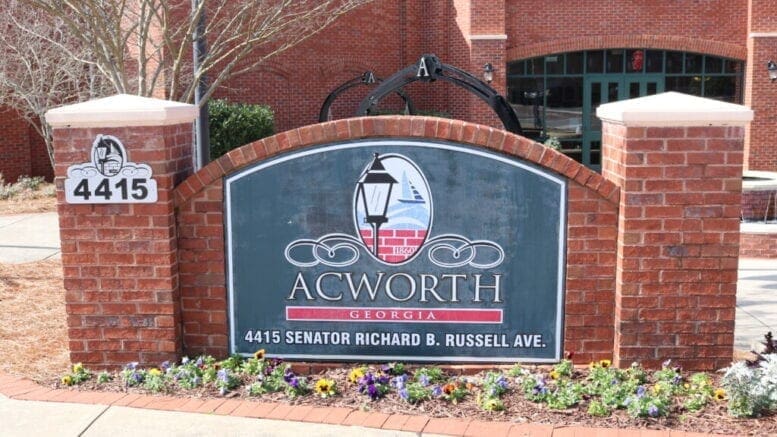Acworth’s City Council and Board of Aldermen approved an increase in property taxes in a special called meeting Thursday evening.
The decision to increase the city’s millage rate to 8.95 mills was unanimous among the five members. The increase is up from the 7.60 millage rate that had been in place since 2007.
Thursday’s meeting was the third and final required hearing about the millage rate.
At the public hearing that occurred before the approval, City Manager Brian Bulthuis cited multiple reasons the board deemed it necessary to increase the rate.
Bulthuis made a point that in 2005, 49 percent of Acworth’s revenues came from property taxes. He compared that to how this year, that number has gone down to 37 percent.
Bulthuis said increasing the millage rate to 8.95 will help get the percentage of revenues up to 44 percent. He said property taxes make up less than half of what the city’s total revenue is.
A loss in revenue was one of the reasons why the council moved to approve the increase, Bulthuis said.
In his presentation, Bulthuis revealed that Acworth has seen annual revenues from the motor vehicle ad valorem tax — the “birthday tax” — decrease by $135, 216.
A 76 percent loss of these funds resulted from the annual decrease.
Additionally, the city has seen annual revenues from the title ad valorem tax — when cars are titled — decrease by $218, 431 annually.
This has resulted in a 30 percent loss in those funds.
The increased costs of health insurance and payroll costs for city employees were also cited as a reason for the rate increase.
According to Bulthuis’ presentation, since 2017, health insurance costs have increased by $1,776,450. Payroll costs have increased $2,374,763 since 2015.
“To pay police, to pay public works, the costs have gone up,” Bulthuis said. “ … you may have seen live where Cobb County adjusted salaries for police. That affects us because we need to do the same thing in order to keep our people paid equitably with other departments.”
City liability insurance costs have also increased to over $48,000 per year since 2015 while costs of the newer Human Resource department built in 2017 have gone up by over $151,000 per year.
In the city’s general fund budget, the majority of money for fiscal year 2020 and fiscal year 2021 went toward personnel.
In FY2020, personnel costs exceeded $11,000,000 while in FY2021, those costs exceeded $12,000,000.
For FY2021, personnel costs made up 71 percent of the city’s general fund budget.
If the city continued with its current rate of 7.60 mills, Acworth’s general fund spending would have an excess revenue of $811, 566 for the 2020-21 budget, according to Bulthuis’ presentation.
While demonstrating how property taxes are calculated with the new rate, Bulthuis made it clear that the city does not do property tax assessments, the county does.
Bulthuis provided a tax assessment example that had a total estimated property tax cost $3,593.53.
Of the total property tax a person receives, 20 percent of that is city tax, he said.
With the $3,593.53 example, if the city were to continue with the 7.60 rate, the city’s tax bill would cost $632.53.
With the new 8.95 rate, the city tax bill is $744.89.
When answering questions from the public, Mayor Tommy Allegood said that “substantial” cuts to jobs and payroll would happen if the rate were not increased.
“We basically deliver services to employees,” Allegood said. “So you would be talking about [a] restriction of services within every department. I’m not sure that anybody would be up for the amount of services that would have to be cut to match the expense.”
Board members agreed that increasing the rate was not something they took lightly, but put months of thought into.
After the meeting, board member Brett North said that after not changing the millage rate for 14 years increasing it became inevitable.
North said another factor that went into increasing the rate was the shutdowns due to COVID-19.
He said more than $500,000 in city revenue had been lost because of COVID-19 related shutdowns.

Arielle Robinson is an undergrad at Kennesaw State University. She is the president of the university’s Society of Professional Journalists and an editor at the KSU Sentinel. She enjoys music, reading poetry and non-fiction books and collecting books and records.

Thank you for the public hearings on the tax increase. Seriously disappointed that the concerns from the community regarding the timing of the increase were for nothing. Shouldn’t be surprised it was a done deal regardless of the concerns expressed.